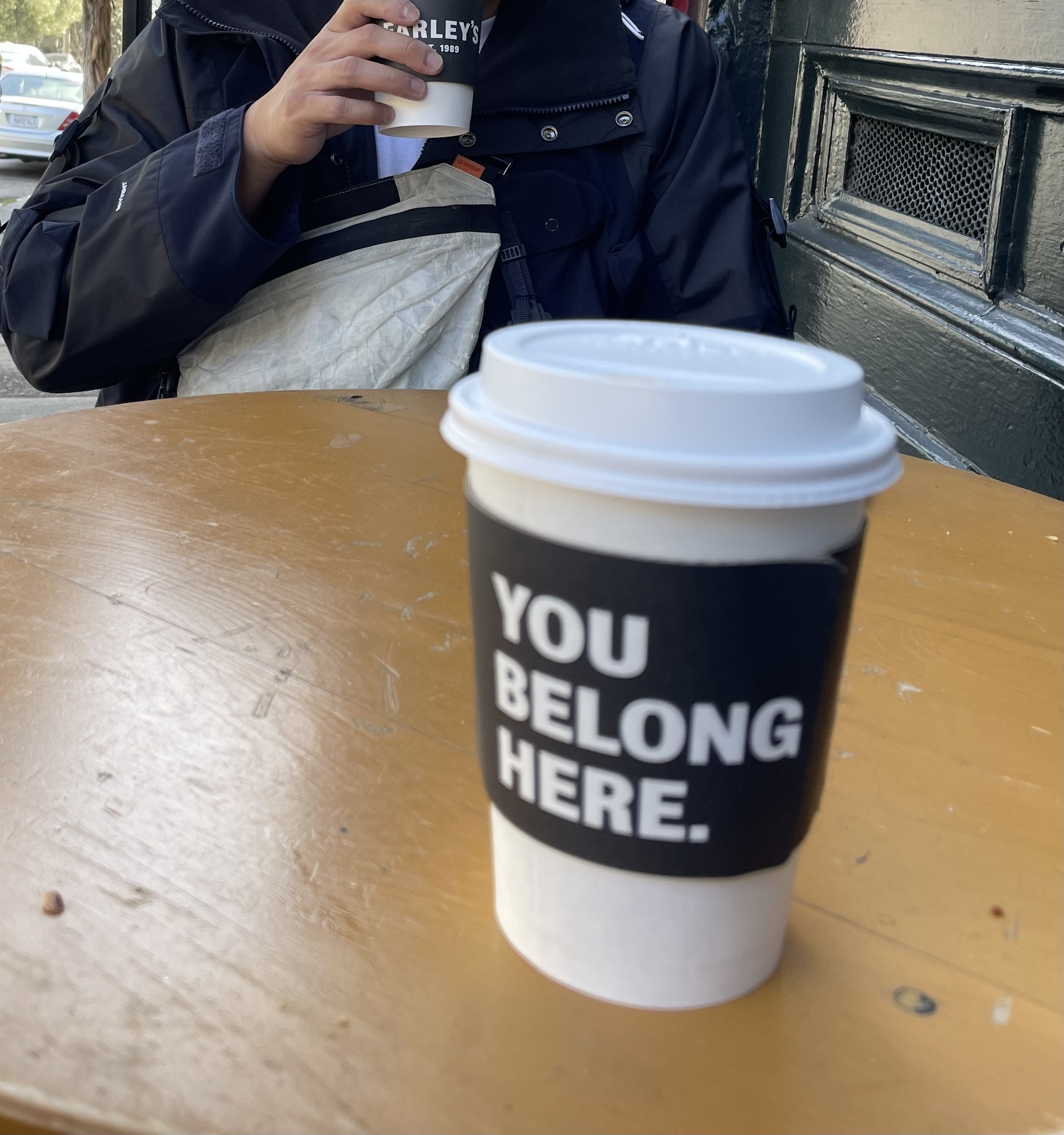I recently spent part of an overseas vacation engaging in a passive aggressive electronic exchange with Airbnb. What I originally imagined would be a relaxing, enjoyable pilgrimage back to the U.S. had turned into a first-world nightmare. The space in question was great; it was cozy, relatively private, and located in a safe, wealthy-looking neighborhood. The issue was the hot water in the shower lasted a mere sixty seconds per day.
I raised the issue with the host, naively believing that this must be some kind of mistake. The second time I asked her about it, she told me that Southern California was under a drought advisory and that “we take short showers.”
By this time, I had endured three days of showers that started semi-hot, then quickly cooled to the colder side of lukewarm by the time I reached for the bar of soap. In the grand scheme of things, it was a minor inconvenience, just uncomfortable enough to make me miserable. Of all the uncomfortable scenarios I had imagined could manifest during this trip, lack of hot water was not one of them. Plus, hadn’t my host implied that hot water was deliberately being throttled as a forcing mechanism to save on her water bill, at my expense? Had I actually paid her for that privilege?
As I fantasized about letting the “hot” water run for hours and googled the implied warranty of habitability to make sure that I wasn’t going off the reservation, I leaned back in bed with my half-washed hair and did the only thing I could do: I binge watched Hoarders to feel less alone in my lack of baseline utilities.
Hoarders, as always, delivered. My irritation gave way to a grudging admission that at least I had a functioning toilet. But while I normally used the show to redefine the words “cluttered” and “messy,” a woman clinging to impossible dreams caught my attention. Adamant about completing her late husband’s spacious dream home, she had instead filled it up as if to protect herself from the reality of the task and the inevitability of failure. Life and loved ones had made clear that this wasn’t a path that would lead to any kind of happiness, but she refused to accept that fact.
“That dream is the only thing I have,” she said at one point.
“But that’s what life is,” Dr. Tompkins said, “accepting the loss of things that could be.”
When I planned this trip, a stateside visit for the first time in three years, I’d imagined that coming back would feel like home. It’s the only place I could feel normal, I’d claimed, and I had no doubt that the transition from Tokyo to L.A., San Diego, and San Francisco, would be seamless. I’d feel comfortable because, if not for immigration laws, the U.S. was where I was supposed to be. It was where I was supposed to thrive.
Or, so I told myself as I looked fruitlessly for jobs, life, friends, and partners in Japan. I imagined that life stateside would be normal, that my ability to communicate in the same language and understand cultural norms would gift me with some measure of, if not success, contentment. I conjured up an imaginary life where, on balance, things were generally pretty good, a far contrast from the mild discomfort I experienced every day in Tokyo.
Two weeks and several cold showers later, I’ve discovered how uncomfortable things can be here. After three years away, I’d assumed that I’d arrive stateside with blinders and rose-colored glasses strong enough to mask all of the imperfections I’d encounter. Instead – blame it on the cold showers or the piles of human feces on San Francisco sidewalks – I found myself a little less enthused, a little more conscious of the fantastic nature of my imagined stateside life. While I’m currently better equipped to handle emotional discomfort and hurt, would I have arrived at this place in my life without being anchored in Tokyo? Even if everything had gone according to the plan I’d set out for myself, would I have ended up happy? Or would the ease of living where I’m most comfortable only have served to perpetuate bad emotional habits?
Previously, I would have said that it would all have been positive, because everything in my life in Tokyo had been the opposite. I felt stuck, and therefore, increasingly left behind by my peers who weren’t encumbered by a foreign nationality. Declaring that it was due to being legally tethered to Japan was a coping mechanism; a way to tell myself that there was hope for me somewhere. That I wouldn’t have been a failure everywhere.
But after a pandemic and some extensive therapy, even that definition of myself seems to have worn itself out. The reality is that I’m only a failure according to the dreams I’d set out for myself years ago, when I was decidedly less informed about my own happiness. It’s true, and maybe always will be, that life would be easier for me stateside. But for the first time since I’ve moved back to Japan, I accepted that happiness isn’t confined to specific locations and that clinging to a stateside dream hasn’t made me any happier. That maybe I don’t need to be somewhere to be happy.
That said, once I landed in Tokyo, I questioned whether these thoughts had been fueled by the generously potent legal cannabis in California. There’s comfort and familiarity with staying in the past, to keep identifying with dreams on life support. But like that lady on hoarders who built walls of stuff around her to keep an expired dream alive, the past can ruin any chance of happiness in the present.
I’m ready to let go. But not, you know, of hot water in paid accommodations.





